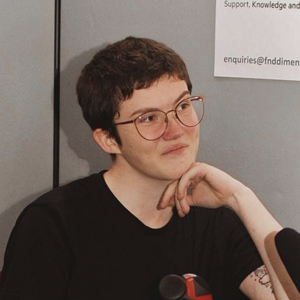Programme Overview
Understanding the attitudes and behaviours that underpin our culture and define the environments within which we live and work, can help us reduce the inequalities that are so prevalent in societies and communities across the world.
At the Eleanor Glanville Institute, our research critically addresses issues of equality, diversity, and inclusion and advances new ideas unconstrained by disciplinary boundaries. By joining our research teams, students can engage in cutting-edge research with real-life impact, and contribute to our ambition to change culture and achieve inclusive excellence.
The Eleanor Glanville Institute offers the opportunity to undertake research alongside academics whose research has been internationally recognised. Researchers in the Institute include Professor Belinda Colston, whose expertise lies in the development and evaluation of innovative strategies and mechanisms for building inclusive research environments, and their wider impact across the sector, and Professor of Sociology and Social Policy, Abigail Powell, who is an expert in the gender division of labour (in the home and workplace), with a particular focus on gender in male-dominated occupations; youth studies; financial wellbeing and complex evaluation and impact measurement.
Students can benefit from a supportive academic community, where ideas and experiences are shared with the aim of advancing knowledge, and informing strategy, policy and practice across the sector and the wider field.





